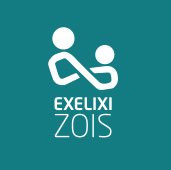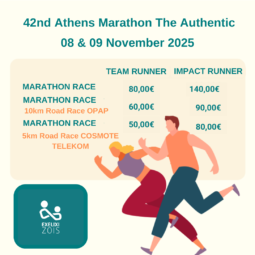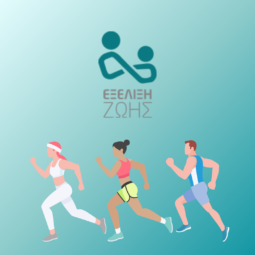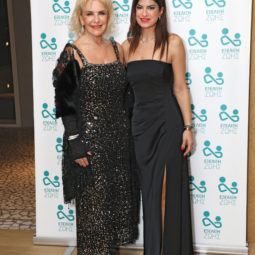How do children, adolescents and young adults with vulnerabilities perceive their relationship with those around them? Do they easily manage everyday issues and how do they react to problems that arise? What kind of challenges do they face in terms of socialization and adaptation?
The development of the social skills of the population living in the collaborating Closed Child Protection Institutions is one of the main programs planned by the scientific team of EXELIXI ZOIS.
Social skills refer to a large group of psychosocial and interpersonal skills that promote mental well-being and lead to a healthy and productive life. Through learning social skills, young people develop and practice new capabilities and behaviours. The World Health Organization (WHO, 1993) defines life skills as " ..abilities for adaptive and positive behaviour, that enable individuals to deal effectively with the demands and challenges of everyday life."
WHO (1994) has also identified a core set of skills for the promotion of well-being of children and adolescents:
• Problem solving
• Decision making (including goal setting)
• Critical and creative thinking
• Effective communication
• Interpersonal relationship skills
• Self-awareness
• Empathy
• Coping with emotions
Personalized sessions based on the needs of the beneficiaries
EXELIXI ZOIS team, by monitoring the needs and difficulties faced by the beneficiary population, has proceeded to a planning of individualized sessions, in order to develop skills, the sense of "belonging", but also to optimize the everyday life of the beneficiary children. In the sessions that take place, special attention is paid both to the process of learning the skills and to the content of each module. In other words, the way social skills are learnt is equally important to what is learnt.
Each new section, which is introduced, is based on and linked to the previous ones. In this way, the learning of social skills is constantly enhanced. To complete each module, several internship sessions take place, where the beneficiaries have the opportunity to consider, practice and finally develop management and adaptation skills in everyday life.
The tools used in each session vary according to the developmental stage and the needs of each beneficiary. More specifically: games, role playing, exchange of ideas, discussions, storytelling and myths, painting, sensory and projection games are used.
Bibliographic references
WHO (1993). World Health Organisation. Information Series on School Health, Document 9, SKILLS FOR HEALTH, «UNDERSTANDING SKILLS-BASED HEALTH EDUCATION & LIFE SKILLS»
WHO (1994). World Health Organisation. Information Series on School Health, Document 9, SKILLS FOR HEALTH









